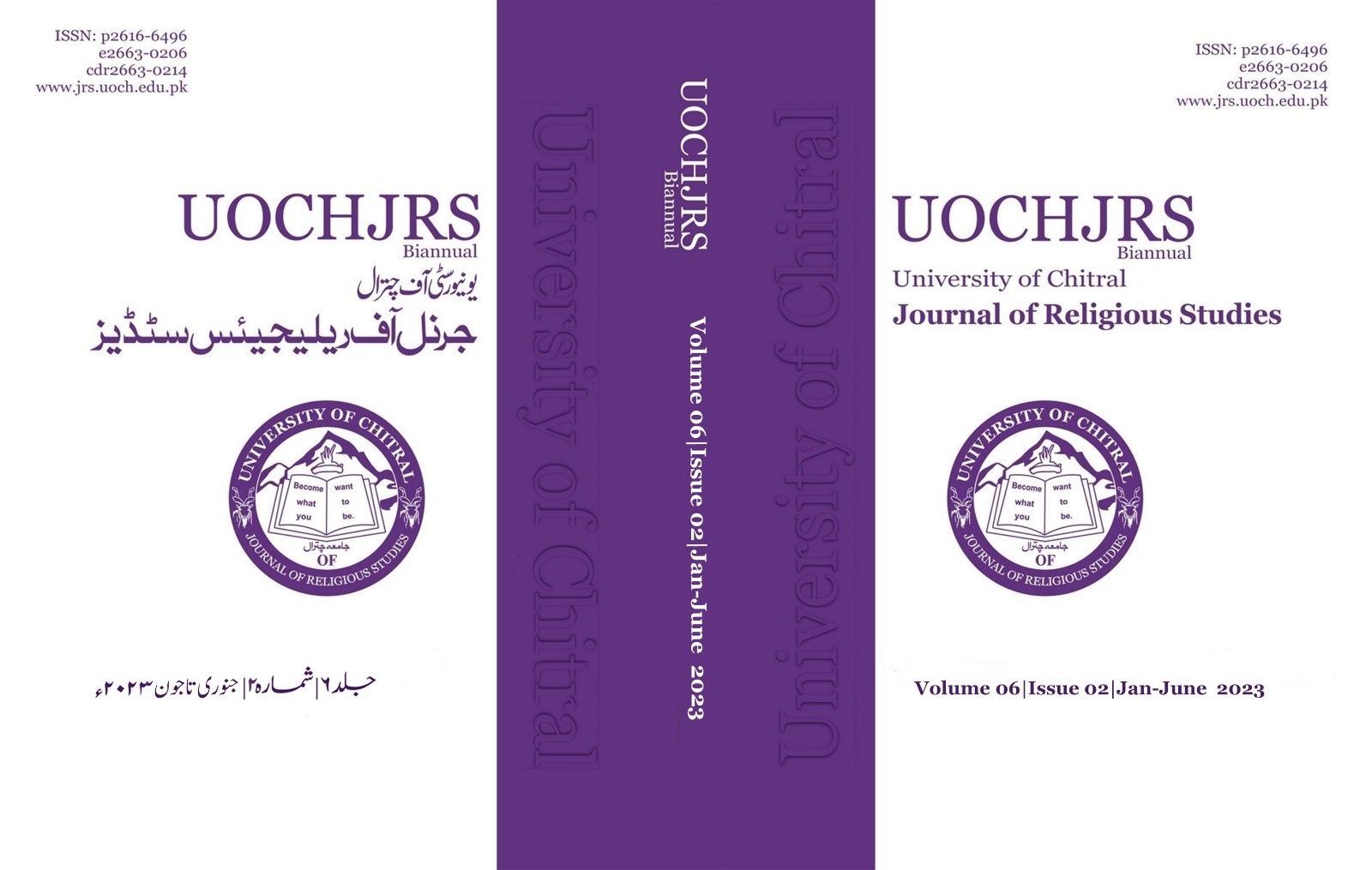ذخیرہ اندوزی کے احکام اور سدّ باب فقہ اسلامی کی روشنی میں Hoarding rules and restrictions in the light of Islamic jurisprudence
Keywords:
Hoarding, Jurisprudence, Ahnaaf, JuristAbstract
Islam is a religion of mercy, gives equal rights to all people without discrimination, and does not teach any kind of oppression to anyone. Therefore, rules, regulations and laws have been made for every life sector in Islam. One of the most important sectors is trade and wealth accumulation, so Sharia laws and domestic laws have been formulated for this sector as humanity is directly related to it. Man has been condemned as a hoarder of wealth and keeping wealth within a group. Along with this, it has been encouraged to provide all possible relief to humanity and to cooperate with the weak members of society as much as possible.Zakat has been made obligatory so that wealth is not limited to the hands of one group but instead comes out of the hands of the rich and into the hands of the poor and needy. In the same way, Sadaqah Nafala, Hiba and various types of donations are encouraged. It has been done so that any member of society can live free from any kind of hardship and poverty. Likewise, all the ugly and evil things such as theft, usurpation, betrayal, corruption and fraud that lead to anarchy have been prohibited. Therefore to address these issues, laws should be made so that people can avoid these issues and cut off the roots of temptation and corruption from society as much as possible. Hoarding is also one of these ugly issues: food items are hidden from the market to raise prices, and by hoarding, society is suffering from trouble and hardship. Therefore, in this article, we have tried to discuss the new forms of hoarding and their disadvantages in a research discussion on their meaning, order and reasons.


